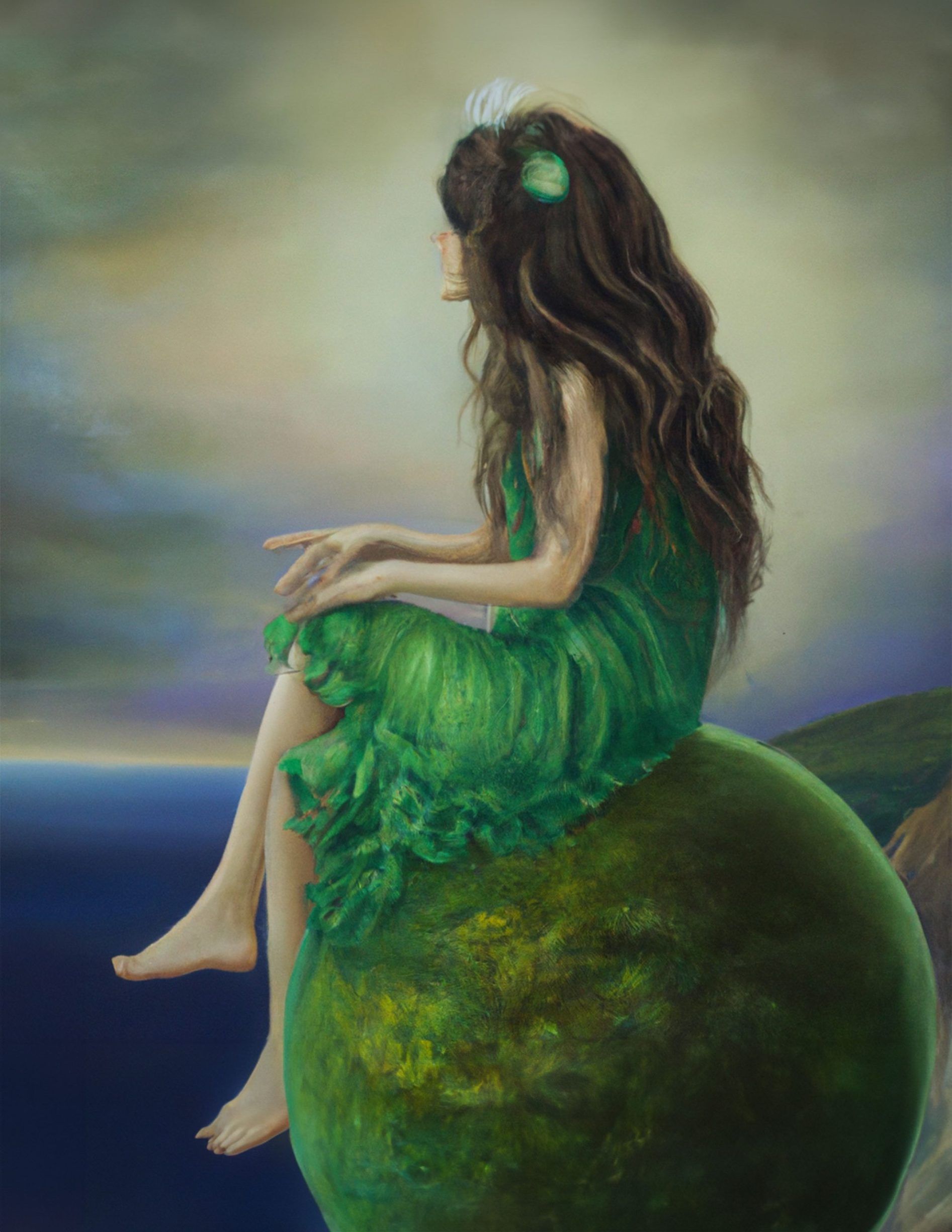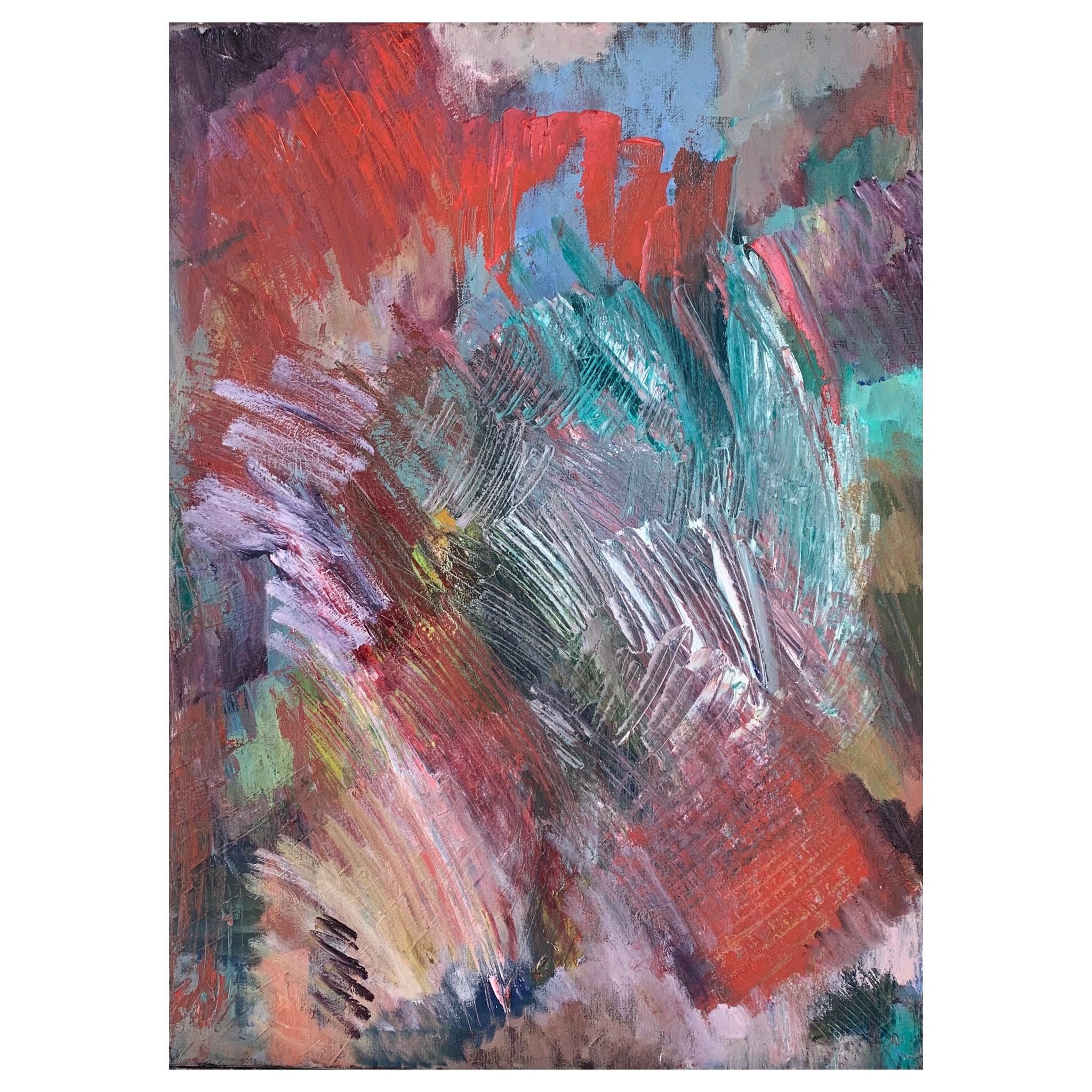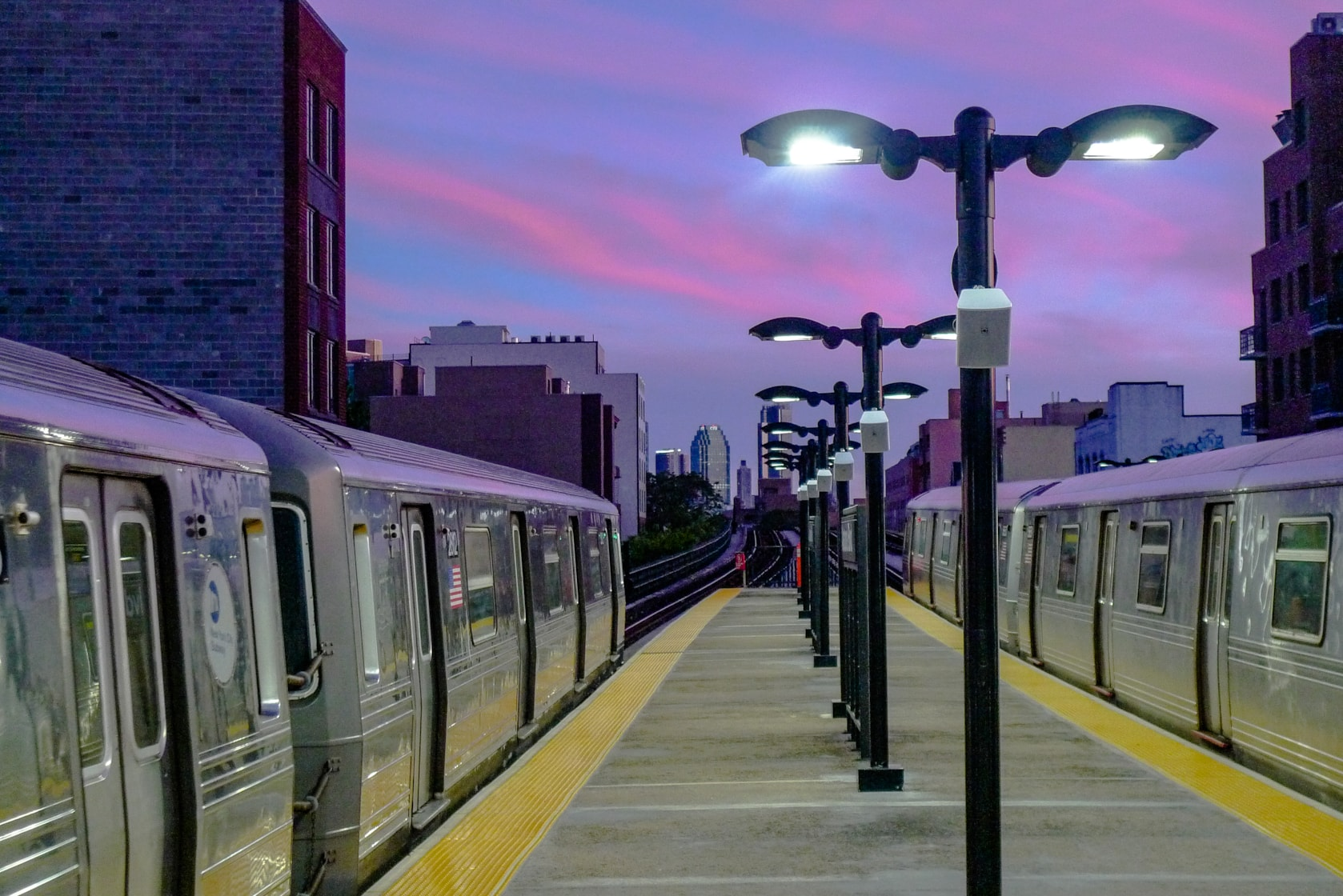The Stars and Tides
“I can see the stars,” I told my Dad the first night we stayed at our new home in
Tennessee. My dad smiled, “it’s so much prettier here than that shithole we came from.” Then
before he went inside, he squeezed my shoulder and said, “I have a good feeling about this place,
kid. I just know big things are going to happen to you.” I tore my gaze away from the night sky
that was dusted with stars and looked at my dad. He had big hopeful eyes and his lips were
quipped up in the warmest smile. When I heard the door shut behind him, I looked up at the night
sky again. All the stars blazing across it. I searched for the little and big dipper and as I did I
wondered if this was normal for Tennesseans. To go outside and look at the stars–or do they also
take things for granted?
Every night I went outside– just to make sure the stars were still there and hadn’t
disappeared.
All thousands of them.
If I had the patience, I would count each one and name them. The sticky air would make
my white Los Angeles t-shirt stuck to my ribs and make my hair double in size. The fireflies
would gently flicker through the emerald grass. I thought fireflies were a myth before I moved to
Tennessee. When I closed my eyes and listened, I would hear crickets chirping and the rustle of
leaves instead of sirens and traffic. I would look back at the house I live in now only to see my
old home back in California. The one on the cracked light grey road with the reddish brown
driveway that leads to the brown front door. It’s still tucked away in my memory, but sometimes
I have to dive deep to find it, but it’s there.
I remember coming home from school one day and my family was discussing moving to
Tennessee. At the time I didn’t know how I felt about moving. After when my dad got medically
retired and my mom had to work full time I knew moving would help us financially. I had also
never flown on a plane before, and I was curious about what it was like being above those white
puffy clouds. Those last six months in California happened so rapidly: I applied to college and
was accepted, we put our house on the market, our house sold, I graduated high school, went to
prom, and booked a one-way ticket to Tennessee where my dad meet us in the gray truck with
my orange dog’s head drooling out the window.
And now I’m looking at stars thinking about home because Tennessee doesn’t feel like
home and I don’t think I’ll ever be rooted here. I can’t seem to assimilate myself here as if it is
like the tide keeps pulling my heart further and further back out to sea like it did those seven
summers ago.
The beach was a forty-five to an hour drive away, and I counted every second till I saw
the peak of the rich navy blue ocean through the mountains. I would crash into the waves like it
was a lost embrace and swim far out until my toes couldn’t touch the sand. I wasn’t afraid of the
current as I welcomed its untamed and uncontrollable nature. I felt one with it because neither of
us liked being told what to do, and if someone tried to control us we’d drown them. Soon the
water became still and had a steady rise and fall without the waves breaking. It was like a
soothing lullaby for me to softly cradle into as the sun became a warm blanket laid on top of me.
I was getting further out into the sea, so I started to swim back to shore. I swam harder pushing
against the calm waters that were dragging me back. The saltwater was spilled into my mouth,
and my arms and legs were beginning to ache. I couldn’t fight any longer as my arms and legs were tortuously giving out like a sting being pulled taut. In that terrifying moment, I realized I
had no control over the tide. As I gave one last kick and reached my arms out, I knew there was
no escape.
So I stopped fighting, and I let the ocean take me.
I had no control over the move. I didn’t know where I was moving or what my new town
looked like. I want my house back on the cracked light grey roads. I want to see my grandparents
who live twenty minutes away from me. I miss the beach and how I would wait till the sky
burned it on fire as the sun kissed the ocean. How I used to believe that was God’s way of telling
me everything was going to be okay because I have always been written inside of sunsets.
Hidden between the pages of colors that softly coat the blue sky. Waiting for someone to stop
and notice me. To remind me everything is going the way it’s supposed to. The sun is meant to
rise in the east and set in the west. It was normal for everyone to hide behind locked doors and
put on armor when it became night. The brave ones would venture out into the night where the
twinkle of stars was the only light. Everyone keeps telling me that moving to Tennessee was the
right thing to do and I have no story to tell.
Everyone back in California moved on like I was nothing but dust carried by the wind.
The truth is I have nothing to tell other than, I burn so ardently that my lungs suffocate from the
smoke. I miss the call of the ocean and I feel like I drown when I am not near it. I am aware that
my problems are luxuries for most, but I still drown. I feel like an outsider here, nor do I want to
be rooted here. For some reason being rooted here scares me more than the former.


